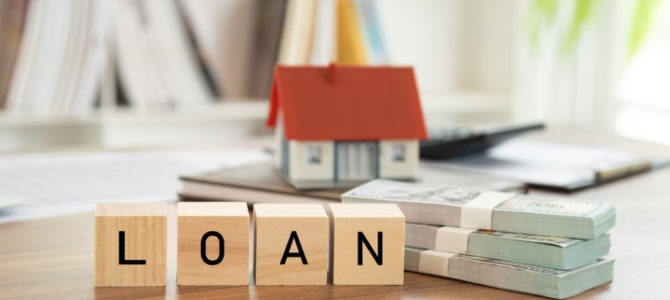Refinancing your mortgage can be a smart financial move to help secure your financial future. It involves taking out a new investment home loan with different terms than the original one. This includes different monthly mortgage payments, length of the loan, and total interest. For example, if you have had a 30 year mortgage for 10 years, you can refinance mortgage for a 40 year loan and potentially lower your monthly payments. Doing this could save you money in the long run as well as give you peace of mind that life’s unexpected events won’t put too much strain on your finances.
Refinancing your mortgage and switching to a shorter term length could be beneficial. For example, refinancing your loan from a 10 year fixed rate loan to a 7 year fixed rate loan would mean higher monthly payments, but less total interest paid over the life of the loan. This means that you will be able to pay off your mortgage in a shorter time frame, as well as save on total interest due. Additionally, if you have an adjustable-rate mortgage (ARM), it can be beneficial to switch to a fixed-rate option since the rate condenses with each passing year.
Refinancing to a lower rate can help you save money on interest costs. For example, if you have a $300,000 home mortgage with an interest rate of 4 percent over a 30-year loan period and you refinance to a 3 year loan period with an interest rate of 3 percent, you would save approximately $12,000 in interest costs. This would also help you pay off your principal payment sooner, allowing you to be free of your mortgage debt faster. You could even try refinancing for an even shorter period such as 2 years and potentially save more money in the process.
Refinancing your mortgage can help you save money on interest rates, loan terms, and monthly payments. Many homeowners are turning to this option as a way to improve their financial future. With low mortgage rates and the value of homes increasing, it is the perfect time to refinance your mortgage. If you have equity in your home without a mortgage insurance policy, you may qualify for a fixed rate loan with a lower interest rate than your current loan options. This could reduce your monthly payments and provide more stability in the long run with lower interest payments over the life of the loan term. Refinancing can also give you access to cash if needed for other projects or investments that will help increase your overall wealth potential with minimal risk involved.

When you refinance, you can potentially obtain a lower interest rate on your loan and reduce your monthly payments. This is especially beneficial if the value of your loan is greater than that of the current loan, as it allows you to access the difference in cash. Refinancing also eliminates any private mortgage insurance that may have been attached to the previous loan. You may also choose to consolidate other debts such as personal loans or credit cards into one single payment with a lower interest rate than those associated with them individually. Ultimately, refinancing can help secure your financial future by freeing up cash and reducing payments due to lower interest rates.
It can be a great way to save money and pay off existing debt, such as credit cards or store credit. When done correctly, refinancing can offer additional cash for big home remodelling projects or other financial moves. When you refinance your mortgage, you take out a new loan with better financing options than the original loan. This could mean lower payments due to a lower interest rate or borrowing more money for a large remodelling project. Even if you have significant credit card debt, it may be beneficial to refinance in order to free up some extra cash and reduce interest payments over time. If possible, try to find a fixed rate loan instead of one with a variable rate of interest that can change over time. Doing so will help protect against any unexpected spikes in the cost of borrowing which could add up over time in total interest paid when refinancing multiple loans at once. As always though, make sure you understand all the terms and conditions associated with any new loan before signing on the dotted line for your financial future!
Refinancing your mortgage can be a great way to secure a lower rate and longer mortgage term, ultimately helping you save money in the long run. By refinancing to a longer term, such as 15 or 30 year mortgages, lenders take inflation into account and offer lower interest rates than shorter terms. This means that by refinancing to a longer term you could get an interest credit that is much lower than what you would have with a shorter 4-year mortgage. Additionally, if your current mortgage rate is higher than the current card rate, refinancing can also save you money on monthly payments and help reduce your overall debt burden.
Refinancing your loan means you’ll take out a new loan to pay off your existing outstanding loan. Depending on the current market conditions, your new loan may offer lower interest charges and more favourable terms than your existing mortgage. By securing a fixed-rate loan, you can have peace of mind that your monthly payment will remain steady for the duration of the loan term. This can make budgeting easier and help ensure you do not overextend yourself financially. Refinancing is also an excellent way to access the equity in your home to cover large expenses such as college tuition or home renovations. When refinancing, you can choose to extend the length of your mortgage term in order to keep monthly payments more affordable.
Ultimately, when considering refinancing, it is important to weigh all options carefully and determine what works best for both short-term needs and long-term financial goals.




